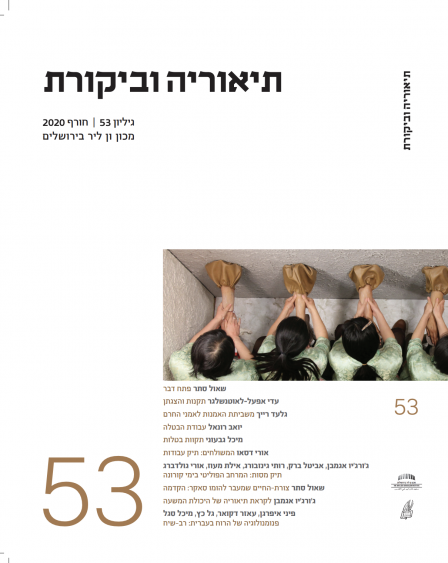ברוכים הבאים לאוטופיה של ההון: ישראל, איחוד האמירויות והקפיטליזם של האסון
אילת מעוז
מסה זו משתמשת בהסכמי השלום בין ישראל לאיחוד האמירויות ובחריין כפריזמה להבנת שינויים בחברה ובפוליטיקה בישראל בזמננו. היא מציעה להבין את הציונות לא רק כתנועה קולוניאלית מתיישבת אלא כצורה של קפיטליזם מוגזע, המשתנה ביחס לתמורות מבניות בצורות ארגון העבודה והצבר ההון בהקשר גלובלי. הטענה המרכזית היא שהסכמי אברהם משקפים כלכלה פוליטית שבבסיסה שלושה מאפיינים: האחד הוא חלוקת עבודה חברתית עולמית המבוססת על קטגוריות קשוחות של אזרחות, אתניות וגזע, והמייצרת מאבקים קשים על הכלה והדרה במסגרת המדינה ומעבר לה; השני הוא רתימת המדינה להבטחת היתרון התחרותי של ההון הלאומי, והצדקת תפקיד זה באמצעות אידיאולוגיה שמגדירה את המדינה כחברת אחזקות של אזרחיה; והשלישי הוא תהליך הצבר הון המבוסס על ייצור רווח ממשבר באמצעות הגברת החשיפה של יחידים ומשקי בית לחוסר ביטחון חברתי, כלכלי, פוליטי ואקולוגי, והפיכה של כל התעשיות כולן לתעשיות מעין-ביטחוניות. ניתוח מעין זה מאפשר להבין את ההקשר ההיסטורי הקונקרטי שבתוכו מתחולל המאבק ההגמוני בישראל – קרי, את הצורות העכשוויות שהפוליטיקה לובשת, ובכללן מוסד המדינה והמאבקים המרובים על כוח – בהתאם לשינויים במבנה המעמדי שאינם נובעים ממדינת הלאום ואינם תחומים בה.


